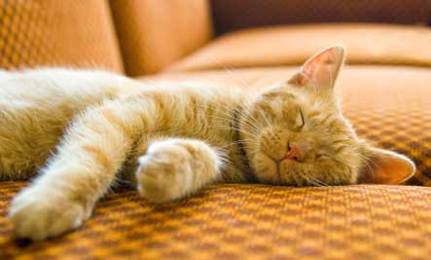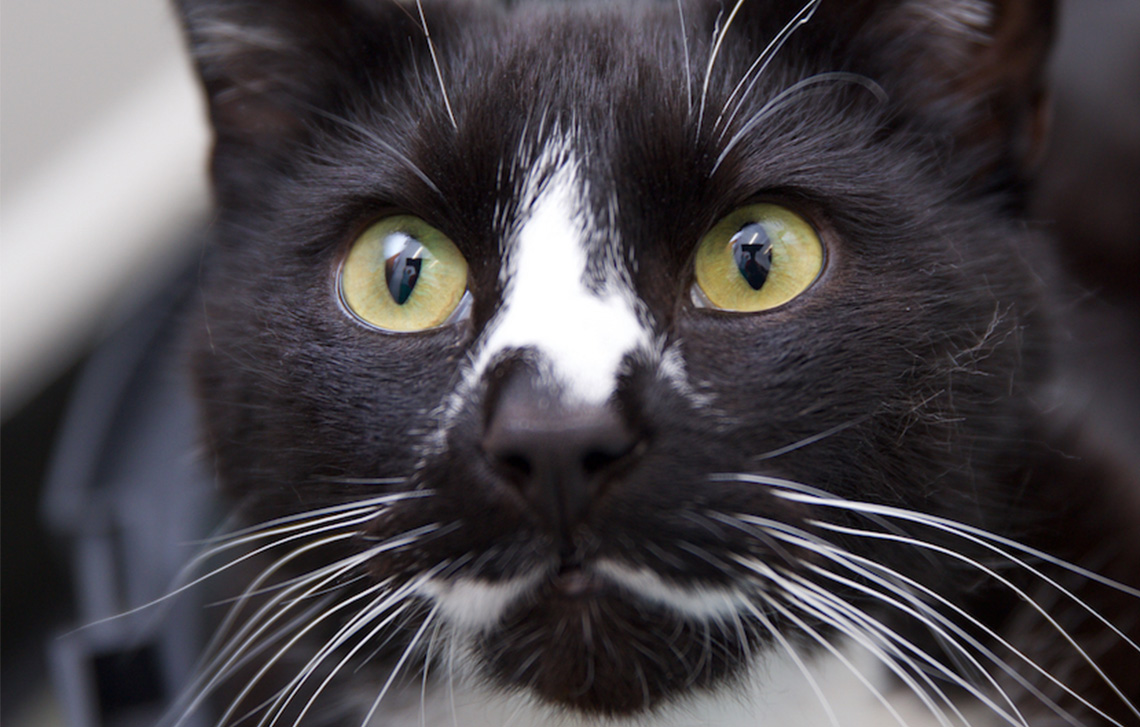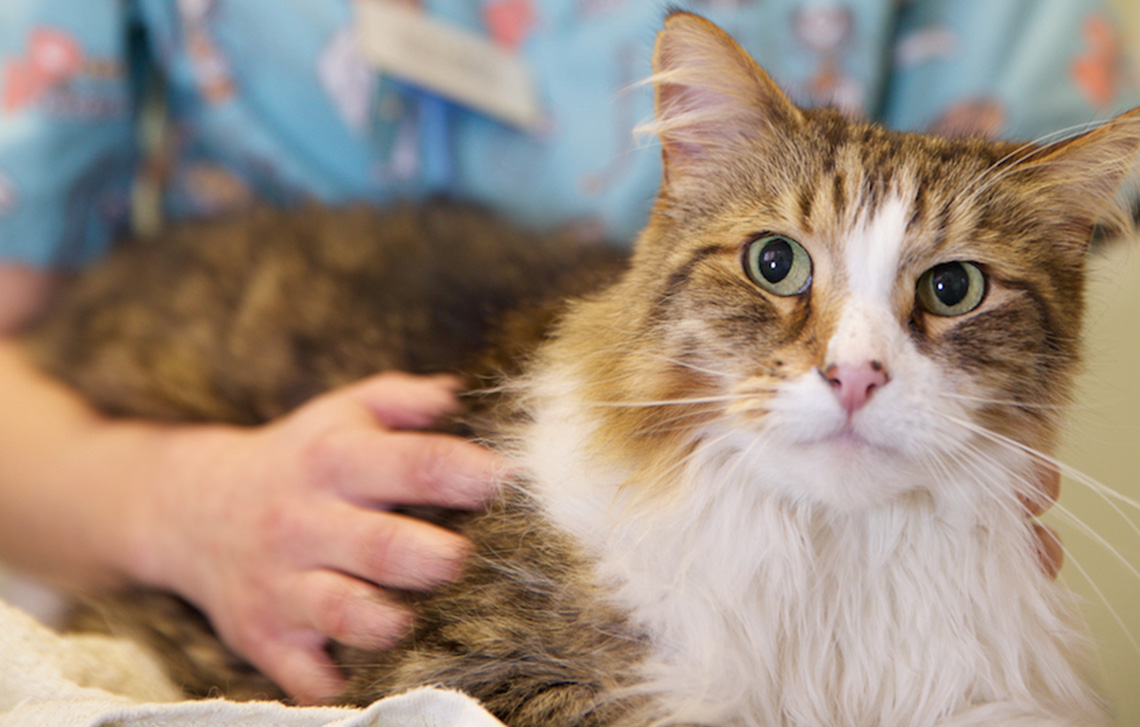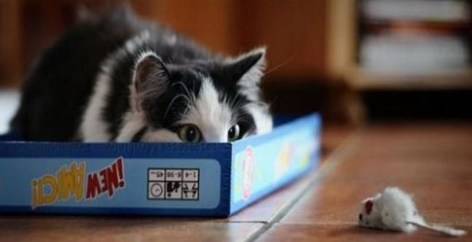
Cats are solitary territorial hunters Their behaviour reflects this in many ways Their hunting/feeding is independently motivated so cats will prefer to eat and hunt alone, therefore they do not like to eat out of the same bowls as other cats in the household or within close proximity Cats continually hunt and even hunt when full. This… Read more »
Cats are solitary territorial hunters
Their behaviour reflects this in many ways
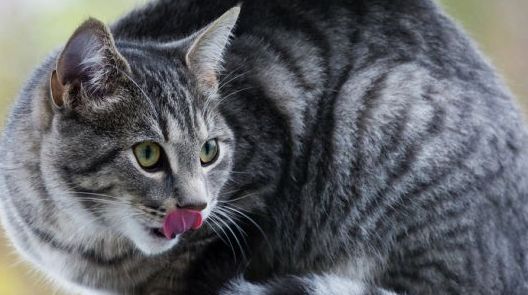
Their hunting/feeding is independently motivated so cats will prefer to eat and hunt alone, therefore they do not like to eat out of the same bowls as other cats in the household or within close proximity

Cats continually hunt and even hunt when full. This is commonly seen in domestic cats by owners as their cat may be seen hunting after and between mealtimes. Hunting is a predatory behaviour and is also for fun! This is also a large part of exercise for cats and is a natural way to keep fit and healthy
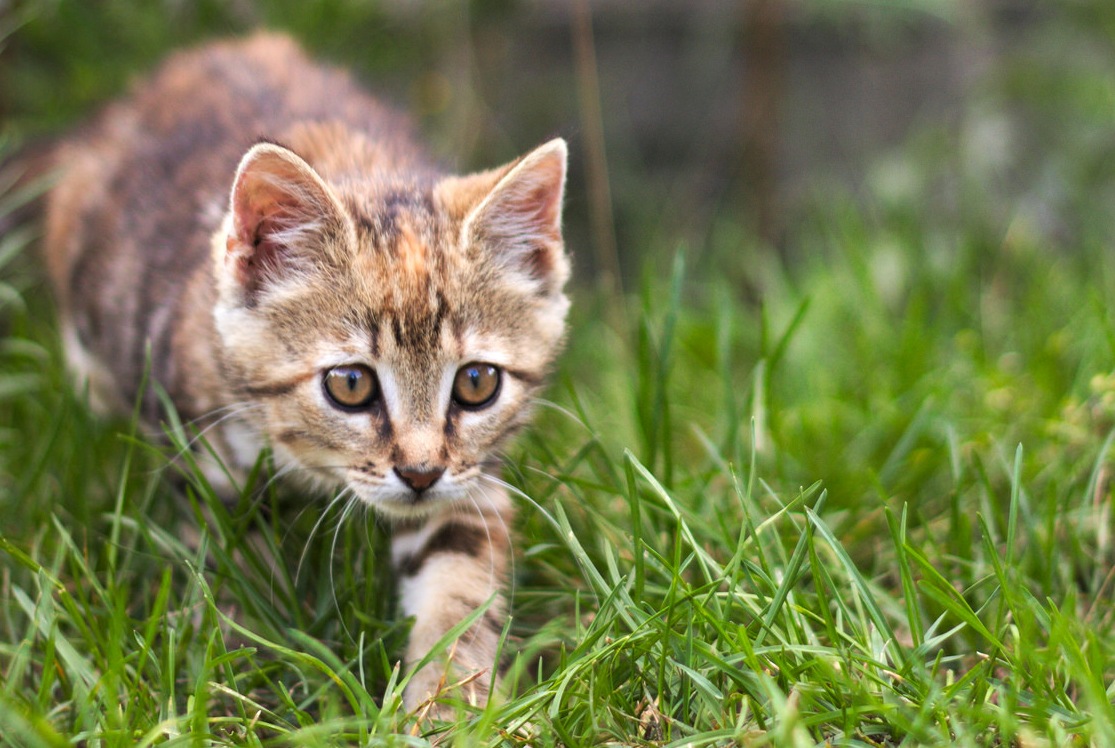
Cats as solitary territory hunters will be hunting 6-8 hours per day and may make more than 100 attempts to catch prey but will only have 10-20 small meals/prey in that time. Domestic cats usually prefer little and often feeding to relate to this behaviour
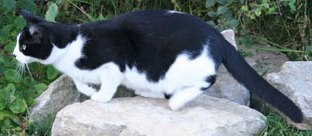
Domestic cats prefer a clearly defined territory and do not like to share hunting areas. They try to maintain their own territory to have a sense of control. Both domestic and non-domesticated cats will use avoidance strategies towards other cats, especially around food sources as they will not want to advertise this and to prevent injury from disputes arising. Again this is why cats prefer to eat alone
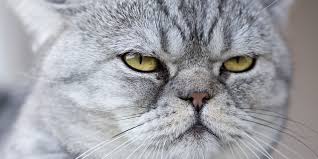
Each ‘catch’ is taken back to the core area where the cat can eat without threat from larger predators or rivals
Cats hide signs of illness or pain because they are solitary, so they do not have other animals in a pack to protect them. They must hide signs of weakness or injury from predators. Even if cats do live in groups they do not form a fixed social hierarchy because they have no biological need to do so
Does your cat like going out during the evening, or early morning? Did you know……
Domestic cats are often more active at dawn and dusk when the prey is most active
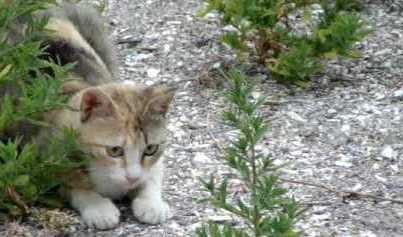
They will then spend a lot of the daytime sleeping to preserve their energy for hunting
